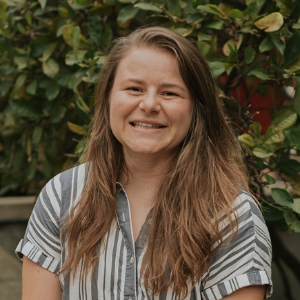Title : The impact of covid-19 on substance use treatment utilization among people who use substances in the United States: National Survey of Drug Use and Health 2019-2021
Abstract:
In 2015, 99% of those classified as having a substance use disorder had not received substance use treatment. The onset of the COVID-19 pandemic exacerbated existing barriers to accessing substance use treatment and created others. The purpose of this research was to examine the rate of substance use treatment utilization from 2019 to 2021. We hypothesized the rate of substance use treatment utilization to have gone down from 2019 to 2021 due to effects associated with the COVID-19 pandemic. We examined data from the 2019, 2020, and 2021 National Survey of Drug Use and Health (NSDUH) and utilized Adjusted Wald’s tests to compare means of unmet treatment need, and chi-squared2 tests to examine variations in substance use treatment utilization by insurance status, household size, and geographic location. After analysis, we found no statistically significant difference in treatment utilization from 2019 to 2021, and no differences in treatment utilization based on insurance status, household size, or community type. In those who did not receive treatment, reasons for not accessing treatment remained similar across years. The most cited reason for not accessing substance use treatment in all years was not believing it to be needed. Due to these findings, we recommend investment in overdose prevention and other harm reduction services (e.g., fentanyl testing strips, drug use education, naloxone distribution) and modification of treatment structure that does not require complete abstinence. Overdose prevention sites have been found to decrease overdose risk, transmission of infectious disease, and crime while increasing engagement in substance use treatment. Further research utilizing qualitative data from those who use substances will be necessary to understand the impacts of public health crises on substance use treatment utilization as effects continue in the United States. Research addressing shifts in barriers, accessibility, and engagement with treatment during crises can guide how practice and policy respond to global health events.
Audience Take Away Notes:
- In those who use substances, many do not believe treatment is needed.
- Improving access to safe-use facilities will likely decrease risk of overdose, transmission of infectious diseases, and use of emergency services.
- Most treatment services were paid for by individuals or their families. Increasing insurance coverage of substance use treatment may increase utilization.




